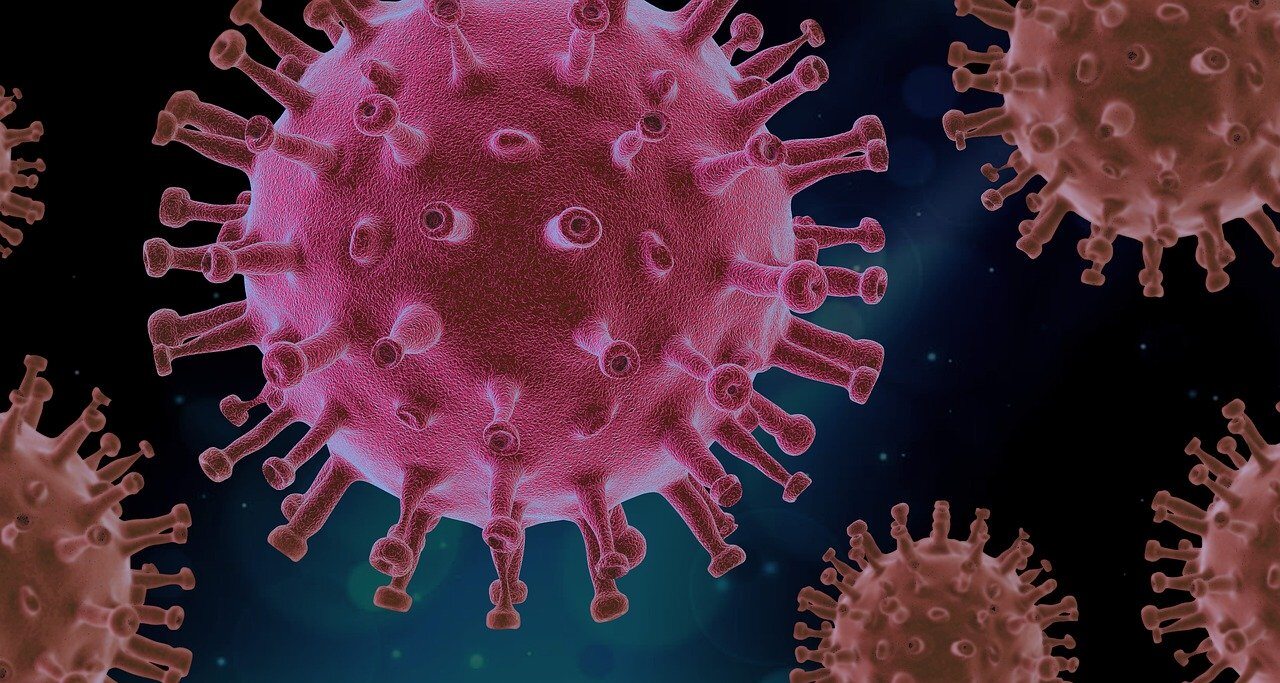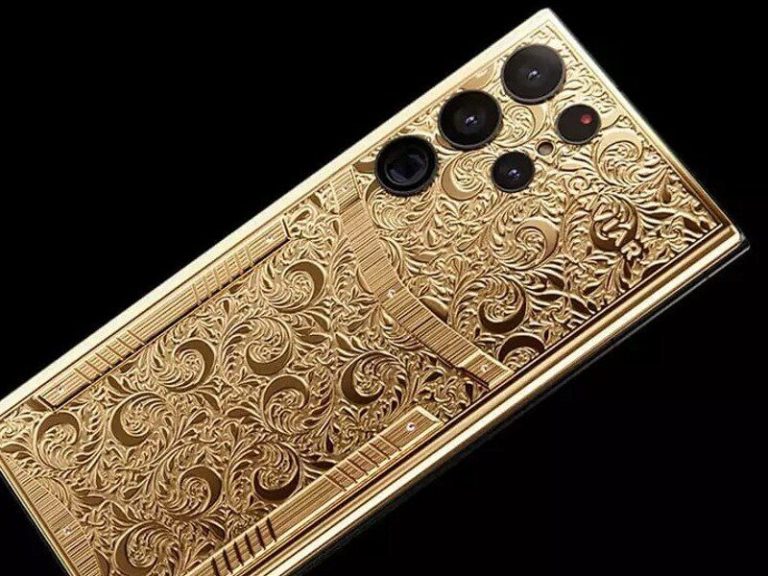Scientists create an air filter that can kill the coronavirus

Scientists at the University of Houston, working with others, have developed a “catch and kill” air filter that can trap the virus responsible for COVID-19, killing it instantly.
Zhifeng Ren, director of the Texas Center for Superconductivity at UH, worked with Monzer Hourani, CEO of Medistar, a Houston-based real estate development company, and other researchers to design the filter, which is described in a paper published in Today Physics.
Scientists reported that virus testing at Galveston National Laboratory showed that 99.8% of the new SARS-CoV-2, the virus that causes COVID-19, was killed in a single pass through a filter made of commercially available nickel foam heated to 200 degrees Celsius. or about 392 degrees Fahrenheit. It also killed 99.9% of anthrax spores when tested at a national laboratory that is run by the University of Texas Medical Branch.
“This filter could be useful in airports and airplanes, office buildings, schools and cruise ships to stop the spread of COVID-19,” said Ren, Anderson Professor of Physics at UH and co-author of the paper. “Its ability to control the spread of the virus could be very useful to society.” He also said that Medistar’s management proposes a desk model that can purify the air in the immediate surroundings of an office worker.
Ren said Medistar approached the Texas Center for Superconductivity at the University of Houston (TcSUH) on March 31, as the pandemic was spreading across the U.S., to help develop a virus-trapping air filter concept.
Luo Yu of the UH Department of Physics and TcSUH, along with Dr. Garrett K. Peel of Medistar and Dr. Faisal Cheema of the UH College of Medicine, co-authored the paper.
A filter that will kill the virus
Scientists knew the virus could stay in the air for about three hours, which meant a filter that could quickly remove it was a viable plan. Once the business reopened, it was urgent to control the spread in air-conditioned spaces.
And Medistar knew the virus couldn’t survive temperatures above 70 degrees Celsius, about 158 degrees Fahrenheit, so scientists decided to use a heated filter. By making the filter temperature much higher – around 200°C – they were able to kill the virus almost instantly.
Ren suggested using nickel foam, saying it met several key requirements: it was porous, allowed airflow, and was electrically conductive, which allowed it to be heated. It is also flexible.
Hourani and Peel called for a phased rollout of the device, “starting with high-priority settings where essential workers are at increased risk of exposure (particularly schools, hospitals and health care facilities, as well as public transportation settings such as airplanes).






